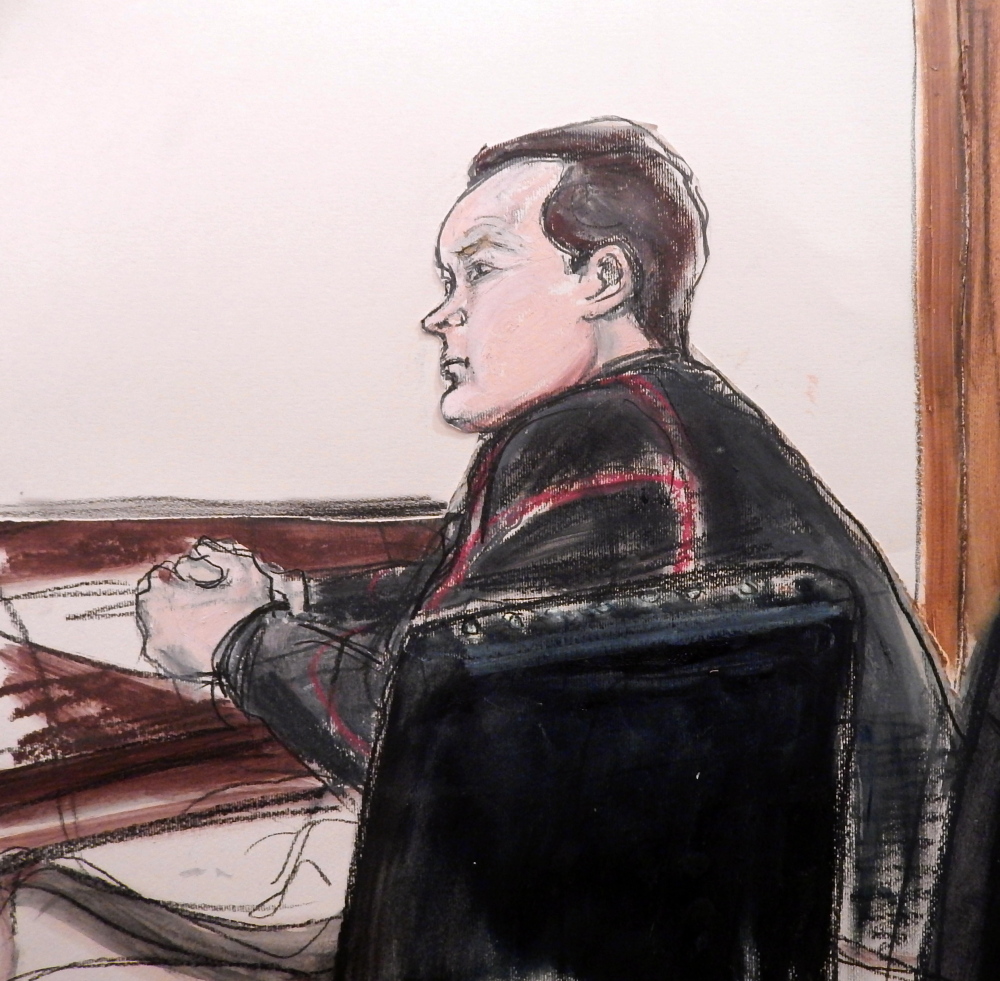NEW YORK — Three men accused in the latest Russian spy case didn’t hide behind fake identities and weren’t stealing military secrets. The evidence even suggests they were annoyed that their assignment wasn’t more like a James Bond film.
Their alleged plot to dig up “economic intelligence” on possible banking penalties and alternative energy sources may not be the stuff of Hollywood movies, but U.S. authorities insist the case is proof that Russian spying is thriving in America more than two decades after the end of the Cold War.
It also shows the time and resources the United States still throws at those suspected of being Putin-era spies, using methods developed before many of them were born: listening bugs, hidden cameras and intercepted phone calls.
“Russian spies continue to seek to operate in our midst,” U.S. Attorney Preet Bharara warned after the arrests last week.
Russian Foreign Ministry spokesman Alexander Lukashevich countered by accusing U.S. authorities of manufacturing a spy scandal as part of its “anti-Russian campaign.”
Annemarie McAvoy, a Fordham Law professor and former federal prosecutor, said the latest case shouldn’t be taken lightly.
“We have to be concerned about the economic warfare end of this. That’s what worries me,” she said, noting the recent crippling cyberattack on Sony Pictures involving the movie “The Interview.”
She said the arrests might demonstrate that the spy game has changed as countries seek information to poise themselves to attack businesses and the economy. “It’s not looking for military secrets. That’s almost passe now,” McAvoy said.
The case against Evgeny Buryakov, Igor Sporyshev and Victor Podobnyy comes less than five years after the arrest of 10 covert agents – a sleeper cell referred to as “The Illegals” by the SVR, the foreign intelligence agency headquartered in Moscow – who led ordinary lives for several years in the United States using aliases. All 10 pleaded guilty in federal court in Manhattan to conspiracy charges and were ordered out of the country as part of a spy swap for four people convicted of betraying Moscow to the West.
Federal prosecutors in Brooklyn brought another spy case in 2013, accusing Alexander Fishenko, a naturalized U.S. citizen from Kazakhstan who made millions off his Texas export firm, of being a secret agent for the Russian military. Fishenko, who pleaded not guilty, is scheduled to go to trial later this year.
Court papers also detail demands on Buryakov from SVR to come up with questions for a Russian “news organization” – believed to be Tass – to ask about the inner workings of the U.S. stock market.
Copy the Story LinkSend questions/comments to the editors.



Success. Please wait for the page to reload. If the page does not reload within 5 seconds, please refresh the page.
Enter your email and password to access comments.
Hi, to comment on stories you must . This profile is in addition to your subscription and website login.
Already have a commenting profile? .
Invalid username/password.
Please check your email to confirm and complete your registration.
Only subscribers are eligible to post comments. Please subscribe or login first for digital access. Here’s why.
Use the form below to reset your password. When you've submitted your account email, we will send an email with a reset code.